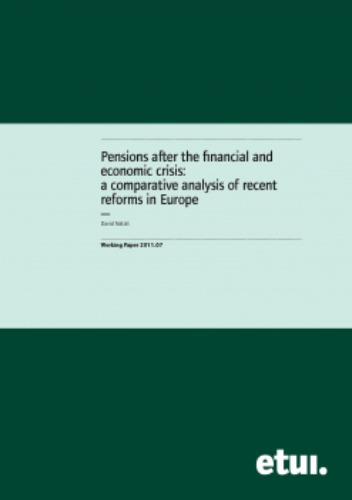New GPIF Board Head Says Fund Isn’t Distorting Japan Stocks
By Chikafumi Hodo, Emi Urabe Japan’s Government Pension Investment Fund, the world’s largest pension pot, considers the impact of its investments on markets and isn’t distorting the country’s stocks, said Hirohide Yamaguchi, the newly appointed chairman of the fund’s board of governors. Yamaguchi, a former deputy governor of the Bank of Japan, said also that it was important to look at the fund’s long-term returns, rather than focusing on the short-term. He spoke in Tokyo at his first press conference since...







